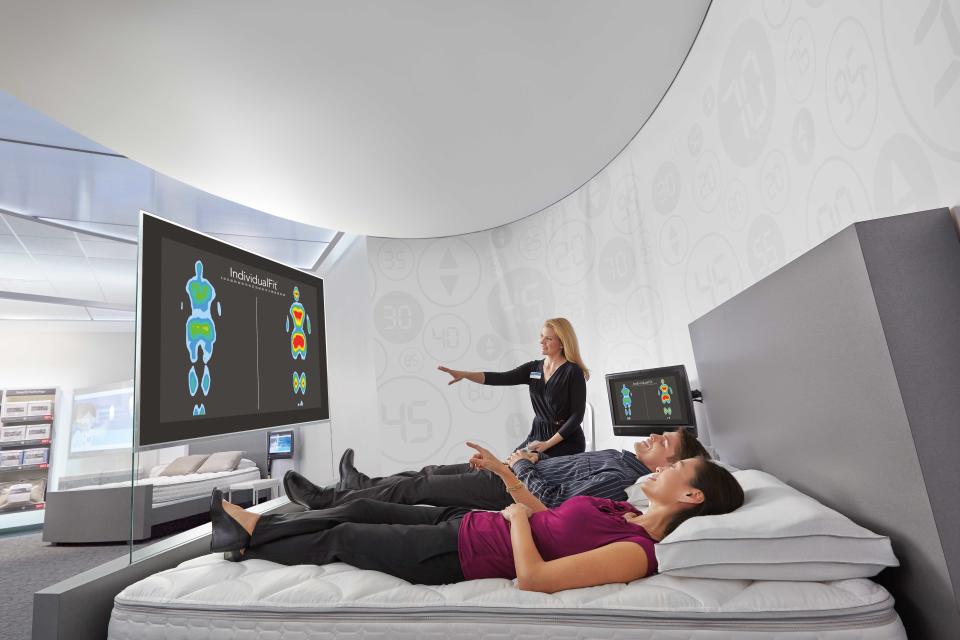Your mattress covered by health care? Why Sleep Number thinks it could happen
As technology gets more sophisticated — and stressed-out consumers find it harder to get some shut-eye — Sleep Number (SNBR) thinks the day could arrive when a mattress can be covered by health insurance.
Sleep disorders — which the Centers for Disease Control (CDC) has deemed a public health crisis— have been linked to health conditions like heart disease.
Meanwhile, institutions like the Mayo Clinic are shelling out millions to fund studies on why people find it harder to rest. And just Friday, Sleep Number competitor Casper Sleep filed paperwork to go public, citing the opportunities presented by what it estimated is a $432 billion sleep economy.
Its also a hot button issue for technology companies looking to get a slice of health care spending that’s set to get even larger. Apple (AAPL), Samsung (SSNLF) and Google (GOOG) — which recently acquired Fitbit— are all analyzing sleep patterns through wearables.
Those efforts laying the groundwork for Sleep Number, which is pivoting toward health and wellness. Already, the 32-year old company is working with Mayo to analyze Sleep Number’s anonymous data from its SleepIQ technology.
“In 2012...I could see the value of having that technology in our beds,” Shelly Ibach, president and CEO of Sleep Number, told Yahoo Finance on the sidelines of last week’s CES technology confab in Las Vegas.

Ibach said the use of wearables helps the company take sleep analysis a step further, since a mattress functions as a whole-body monitoring system.
Still, not everyone can afford one of Sleep Number’s $1,000 mattress. To that end, the CEO said the idea of beds becoming part of the health reimbursement system wasn’t far off the mark.
“If we see sleep deprivation certified as a disease to the degree that it would be funded by a health care organization,” then Sleep Number could become a covered medical device, Ibach told Yahoo Finance.
The Mayo Clinic is collecting data through its Sleep Number’s SleepIQ technology, and studying how sleep (or lack thereof) affects a person’s health.
The $1 million endowment for sleep science and $9 million research fund will analyze SleepIQ’s sleep science information. SleepIQ collects more than 10 billion biometric data points each night and has analyzed 25 million sleep sessions.
To-date, the technology has helped individuals increase sleep time by at least 15 minutes per night, according to Sleep Number.
“Prevention is a way to control health care costs. We expect to be able to work together and deliver evidenced-based solutions,” she said.
Anjalee Khemlani is a reporter at Yahoo Finance. Follow her on Twitter: @AnjKhem
Read the latest financial and business news from Yahoo Finance
Follow Yahoo Finance on Twitter, Facebook, Instagram, Flipboard, SmartNews, LinkedIn, YouTube, and reddit.
Read more:
Cigna-Express Scripts bets on digital care as the future of health
Study: The health sector is splurging on digital, but not reaping the rewards just yet
